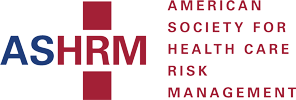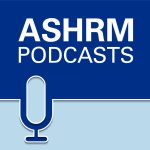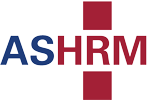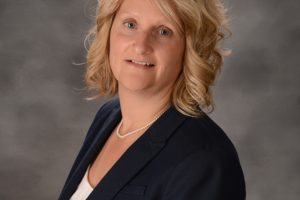ASHRM Academy 2020 will be held in Spring 2020. The programs referenced in this article will also be offered at ASHRM 2019 Pre-conference in Baltimore on October 11-12.
The April 2019 ASHRM Academy in Phoenix was a highly successful program in a beautiful venue. Attended by risk management professionals with a wide variety of experience from across the United States and around the world, the Academy always offers exciting opportunities for networking and asking colleagues, “How do you do it in your workplace?” It also entices risk managers to reflect on their careers and think about what additional education and skills they may need to continue to grow in their constantly evolving field.
Value for New and Midcareer Risk Managers
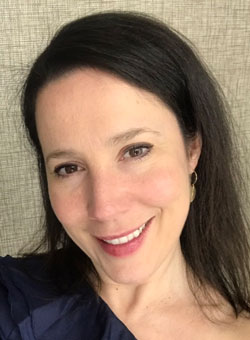
By Holly Taylor
As a midcareer risk manager and as a first-time attendee of the Academy, I was amazed at how much I learned from the courses I chose. I had wondered if the courses would be too basic, having worked in risk management for a few years, but I found that I learned a tremendous amount. I had identified a couple of areas where I wanted to grow in my career as a risk manager, so I settled on the Risk Financing and the Patient Safety courses. Not only did the Academy courses teach me important principles about those subjects, but it allowed me to network and brainstorm with other risk managers from around the country. It was so helpful to learn that the problems and issues faced at my health system were not as unique as I had thought. With the collaborative classroom format, we were able to share our concerns and get feedback from other attendees about what has worked for them at their respective institutions.
The Risk Financing course had an ideal balance of beginner and more complex concepts. There was a wide variety of experience levels among my classmates. I appreciated hearing from the more experienced risk managers about their institutions’ insurance programs and working through the actuarial problems with my less experienced classmates.
In the Patient Safety course, we talked about the importance of data collection and using that information to make the business case for patient safety. One classmate had an impressive example of how they had captured data and then used the data to create a program to reduce patient falls. This sparked my interest and has inspired me to ask how we can design data collections to support patient safety initiatives at my health system. The final class exercise consisted of small groups performing an analysis of a sample case and developing an action plan. The results were so impressive the instructors proposed that we submit our process and results for publishing. Volunteers were enlisted to work toward that goal after the Academy ended. I do not think any of the attendees could have anticipated that as a possible outcome of attending the Academy.
The Academy reinforced the idea that opportunities abound, and that often the most important way to find those opportunities is to be in the right place at the right time. In this case, being at the Academy provided that right place and time for me.
Value for Seasoned Risk Managers
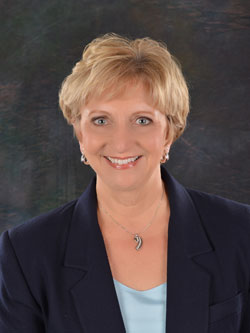
By Melanie Osley
When the ASHRM Academy first began in April of 2013, I had already been working in the field as a risk manager and a director for two decades. Like me, many of my seasoned risk management peers know intuitively how to do their jobs, whether they have worked in one setting for many years or worked in risk roles in several different organizations. I have had the opportunity to be in risk management in a wide variety of settings. I have worked in risk as a solo department, as well as combined with claims, legal, quality, patient safety, patient experience or corporate compliance. When the ASHRM Academy began, my initial thought was “I’ve been doing this for years. Why would I need to go to the Academy?”
The answer to that became very clear in recent years. More recently, I have had the pleasure of working with colleagues who are either completely new to risk management or have worked in it for less than five years. I’ve thoroughly enjoyed experiencing their enthusiasm and passion for their new roles in health care. But what I have learned that compelled me to attend the Academy for the first time this year is that while I may know the risk functions intuitively, mentoring new colleagues daily in the workplace required a paradigm shift regarding the training and education process.
Risk management today is very different than it was even a decade ago. New and more unique issues arise every day, and seem to be coming at a faster pace. Enterprise Risk Management requires a more expansive approach to the way projects and issues are considered and initiated in the health care setting. The responsibilities and definition of the risk manager role will continue to grow and change. The ASHRM Academy offers the most experienced among us a great way to best integrate into the mentoring process the perspectives of those newer to the profession.
Conclusion
Early or midcareer risk managers attending the Academy found opportunities for making professional contacts, supplementing professional education that was lacking, and expanding the ability to more meaningfully participate in specific areas, such as risk financing and patient safety, in an organization.
As a seasoned risk manager, attending the ASHRM Academy is incredibly important as a reminder of how to convey the value of the profession. It also provides valuable tools for delivering important training information in the most efficient and effective way.
Melanie Osley, RN, MBA, CPHRM, CPHQ, CPPS, ARM, DFASHRM is the director of Quality/Patient Safety & Risk Management at Lifebridge Health/Sinai Hospital of Baltimore and a member of the ASHRM Board.
Holly Taylor, RN, BSN, JD, is a risk manager at INOVA Health System in Falls Church, Virginia.
